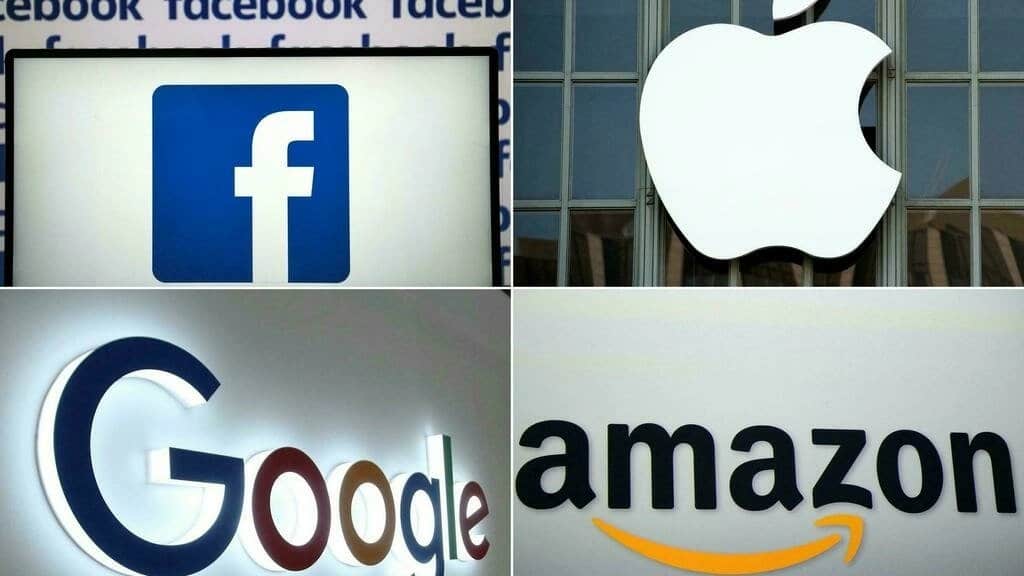French regulators have hit Google and Facebook with 210 million euros ($237 million) in fines over their use of “cookies”, the data used to track users online, authorities said Thursday.
The 150-million-euro fine imposed on Google was a record by France’s National Commission for Information Technology and Freedom (CNIL), beating a previous cookie-related fine of 100 million euros against the company in December 2020.
Facebook was handed a 60-million-euro fine.
“CNIL has determined that the sites facebook.com, google.fr and youtube.com do not allow users to refuse the use of cookies as simply as to accept them,” the regulatory body said.
The two platforms have three months to adapt their practices, after which France will impose fines of 100,000 euros per day, CNIL added.
Google told AFP it would change its practices following the ruling.
“In accordance with the expectations of internet users… we are committed to implementing new changes, as well as to working actively with CNIL in response to its decision,” the US firm said in a statement.
Cookies are little packets of data that are set up on a user’s computer when they visit a website, allowing web browsers to save information about their session.
They are highly valuable for Google and Facebook as ways to personalise advertising — their primary source of revenue.
But privacy advocates have long pushed back and a European Union law passed in 2018 placed strict rules on internet companies, obliging them to seek the direct consent of users before installing cookies on their computers.








